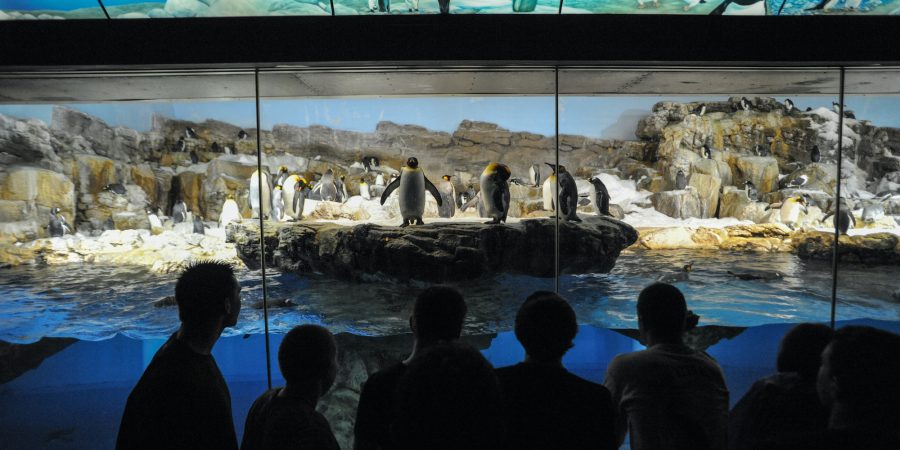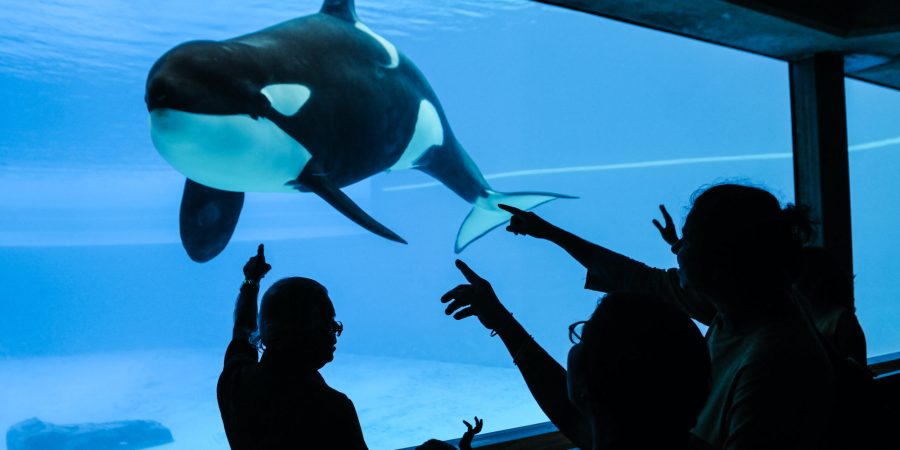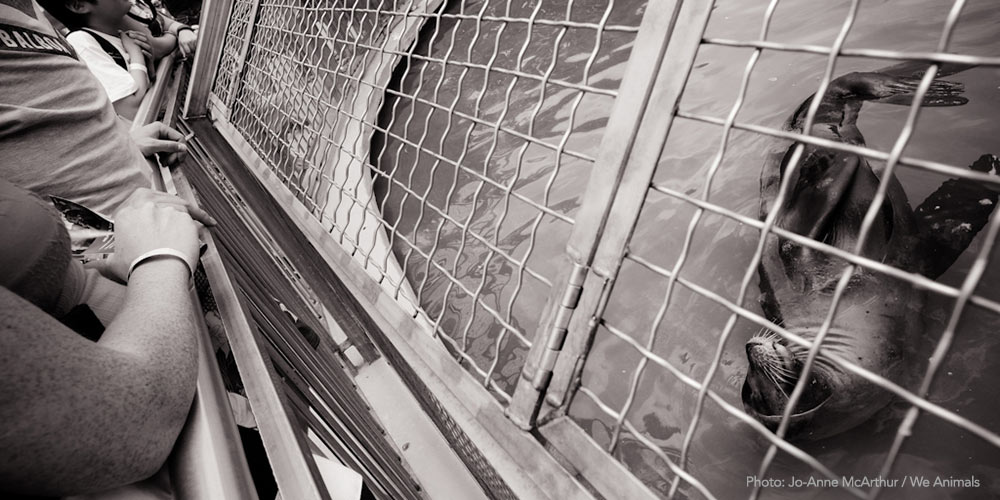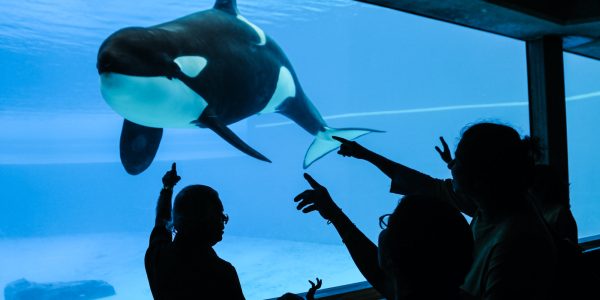Animals in marine parks and aquariums cannot forage for food as they would normally do in the wild, they may be separated from their family and be unable to create social bonds of their choosing. Ultimately, they are prevented from exerting any degree of control over their surroundings.
A UK study found that at least nine out of ten of the aquariums surveyed had animals displaying ‘abnormal’ behaviours, which can include circling, head-bobbing, spiralling swimming patterns and repeatedly touching glass barriers. Sharks and rays in particular were observed performing ‘surface breaking behaviours’, which are not known to be part of the normal range of natural or wild behaviour of these species.
“The percentage of marine animals in UK public aquaria estimated to be wild-born is 89% … Many wild-caught individuals are donated free to aquaria because they are by-catches of the fishing industry … During this study no evidence of in situ conservation activities (such as habitat protection) … was found. Despite this, 61% of the UK public aquaria use the ‘conservation’ term in their publicity and/or displays…” — The Captive Animals’ Protection Society
Health problems discovered in UK public aquariums during this study also included lacerations, wounds, scars, eye disease, deformity, infection, abnormal growths and even death.











